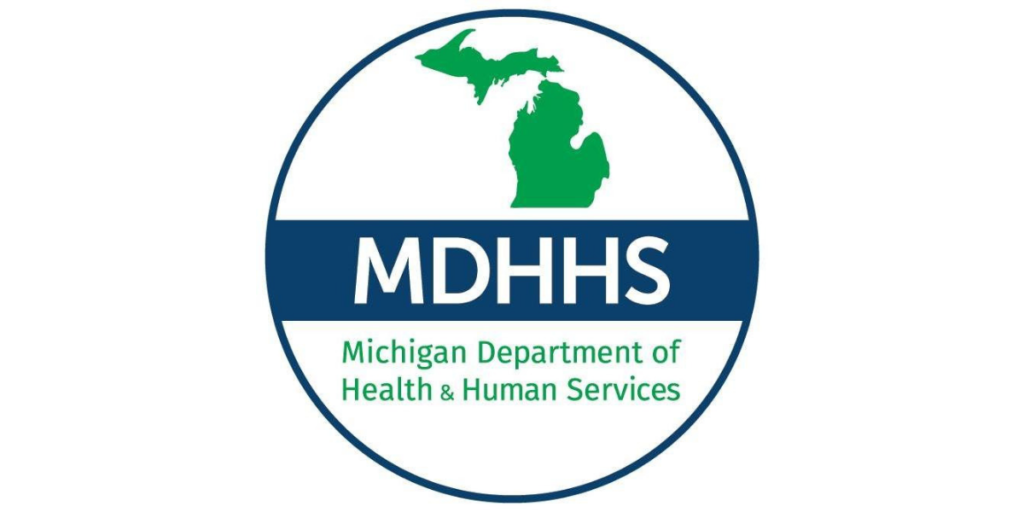Virtual Town Hall for Vaccine Questions
The State of Michigan is holding a virtual Town Hall event this evening focused on the COVID-19 Vaccine & older adults. The meeting will be held virtually and address the “safety, efficacy, and importance of the COVID-19 vaccines for safely reopening Michigan.”
The Town Hall will be moderated by Dr. Alex Travis, PhD, Senior Deputy Director of the MDHHS Aging Adult Services Agency. The panel will also feature health care professionals, community leaders, and representatives from the faith-based community.
Those interested in submitting questions for the panel, can visit the website <HERE>. The panel will address as many questions as possible during the town hall meeting.
The State of Michigan Virtual Town Hall will be livestreamed on the Michigan Department of Health and Human Services’ Facebook page <HERE> from 4 – 5 PM tonight. If you miss the live event, the video will be available to watch at any time after the livestream ends.
Reporting for WGRT – Jessie Wiegand









